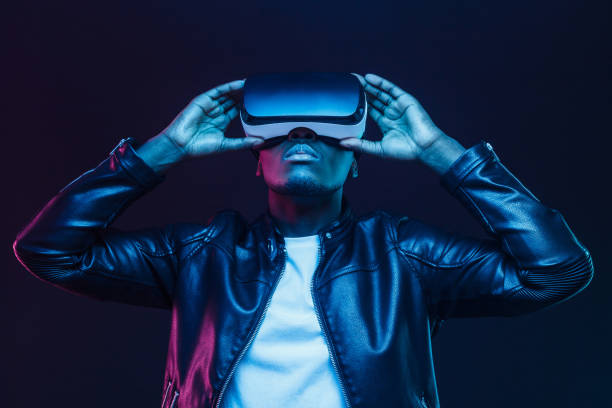Will Virtual Reality Take Over Our Lives?
Just like the personal computer in the 2000s and the smartphone did in the 2010s, I believe virtual reality technology (VR) will become an integral part of our lives in the coming decade.
Since the inception of the telegraph, a device that sent information long distances by altering electrical signals, communication through technology has become increasingly more immersive. After the telegraph, came the telephone and the ability for people to speak to one another over long distances, then the radio, the TV, and now we can have live face-to-face conversations from anywhere in the world at any time through our phones! If we look back in time and pay attention to the degree of immersion in technology, we can see that it increases as time moves forward. As this trend continues, I believe the next step to take in our quest for near-perfect immersion is to build and implement VR technology into our lives.
Industry transformation
VR technology will lead to change in a number of different industries and areas of our lives.
Entertainment
Every video game designer’s goal is to “suck the player into the game” and create the most immersive game they possibly can. As VR games get better in terms of performance and more people begin to play VR games, console makers and game designers will begin to build consoles and games that utilize VR. As VR technology improves, I see VR games becoming the new norm in the gaming industry. This argument can apply to movies and tv shows as well.
Work
Remote work is going to stay, and VR is a no-brainer when it comes to improving productivity and enhancing collaboration in remote work environments. Horizon Workrooms, a VR workspace developed by Meta, helps workers connect and collaborate on projects. Some of Workroom’s features include the ability for coworkers to see each other’s avatars around a virtual conference tab, interact with coworkers, and share whiteboards to encourage collaborative planning and brainstorming. VR will make employees more productive and make remote work seem more office-like.

Economical
VR technology is a great investment for companies and institutions because it allows them to reduce expenses across all areas of their business.
There are countless examples where VR can save time and money, which leads to greater efficiency, productivity, and profitability for companies and institutions.
By implementing VR into their curriculum, schools will save money on funding experiments, labs, field trips, or other kinds of hands-on projects. By incentivizing hands-on learning, VR will make learning safer and more fun for kids.
As VR becomes more immersive it makes less sense to meet in person, especially when traveling over great distances. VR technology will discourage commutes, save money that would otherwise be spent on transportation, and ultimately reduce climate change.
By spending less money per employee (space in the office, snacks, property upkeep, etc) businesses will have more money to reinvest back into their company. From a managerial standpoint, switching to remote work will lead to increased profitability. With VR remote work having little deviation from the real workplace, it’s a no-brainer that companies will look to implement this technology into their organizations in the near future.

